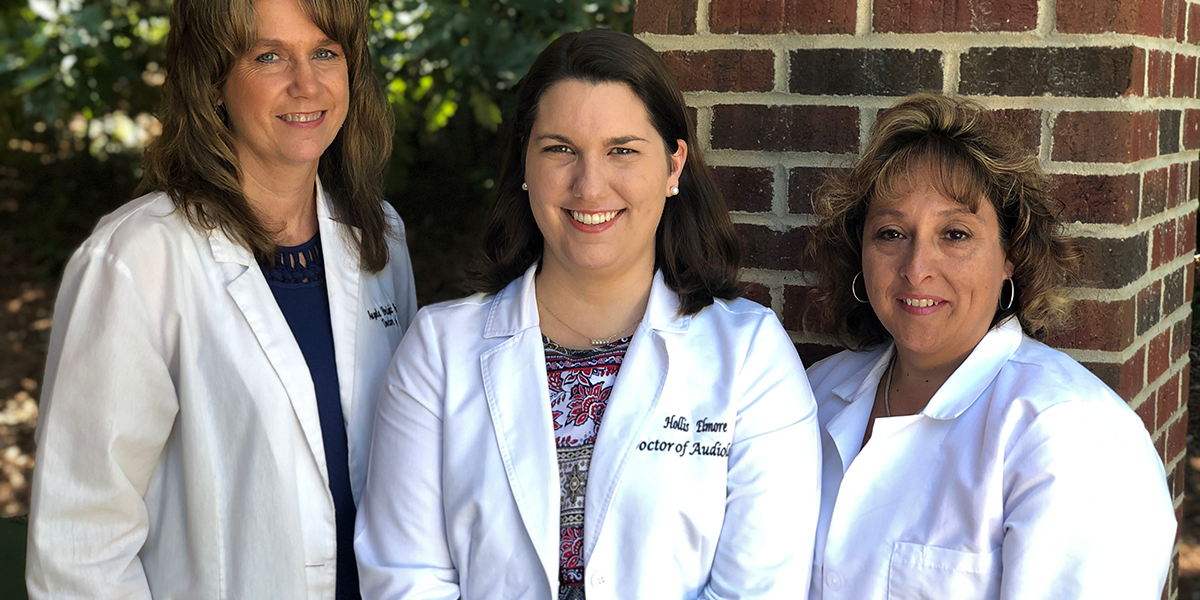Helping individuals with hearing loss live happier, more involved lives
Submitted by Dr. Angela Bright Pearson, Audiologist
Bright Audiology
www.brightaudiology.com
My mother has had dementia over the last 10 years; so, I know firsthand how challenging dementia is for patients and their family members. No one knows how difficult it is for a dementia patient and their family, until they live it themselves. For the last few years, it’s been all about the open windows of time; the moments here and there, when there is recognition, a smile, or even a laugh.
I became an audiologist thirty years ago to help individuals lead their fullest lives through better hearing. I was inspired to begin this journey when I received my own hearing aids in high school, after my hearing progressively worsened during my childhood.
In the last few years, my profession has begun to realize it can make yet another difference in the lives of individuals through better hearing- we can possibly slow or prevent their cognitive decline later in life. Individuals with hearing loss are two to five times more likely to develop dementia, depending on the severity of the hearing loss. This is due to two main reasons. 1) When words are misunderstood, the person uses their memory and reasoning skills to “figure out” what has been said. This extra processing time and using cognition versus hearing places stress on the brain, and causes cognitive overload. This results in the brain’s cognitive resources being depleted for all the other cognitive tasks it has to perform, such as memory, problem solving, and decision making. 2) As a result of hearing loss, these individuals do not participate in social events as frequently. This leads to isolation and depression, two other factors which have shown to attribute to dementia.
In 2017, the Lancet Commission of Dementia Prevention, Intervention, and Care revealed that hearing loss is the largest modifiable risk factor for dementia during mid-life, for preventing cognitive decline in later years. Several small clinical studies have also been showing improved cognitive skills after being properly fit with hearing device and receiving hearing rehabilitation.
In light of this link between hearing loss and dementia, we now offer the Cognivue cognitive screening as part of our hearing evaluation. When patients come into our office, we thoroughly evaluate their hearing and perform this FDA-approved cognitive screening, which gives an indicator of that individual’s performance in memory, visuospatial skills, executive functioning (concentration/problem solving), and reaction time/speed. If a screening indicates an individual is showing some decline, we review that these results are possibly due to their hearing loss. Audiology colleagues that have used the Cognivue long term have begun to see improvements in cognition in some cases, when the patient is retested after hearing rehabilitation has been implemented. For those not showing improvement, a referral is made to their primary care doctor or neurologist for the purpose of perhaps earlier diagnosis and intervention of any dementia.
So, not only do we want to help individuals with hearing loss live happier, more involved lives day to day, we also want them to avoid developing dementia down the road, for their sake and the sake of their families.


